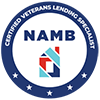Home Loan FAQs – Frequently Asked Mortgage Questions
Home » FAQ
Home Loan FAQs – We Simplify Everything for You!
We’re here to learn about what you hope to accomplish and advise you on the best way to secure funding. You can rely on our knowledge and dedication to great service to guide you through every step of the home loan process, from weighing the benefits of refinancing to selecting the right mortgage for your needs to guiding you through the refinancing itself. Learn more with our Home Loan FAQs, if you have additional questions please contact us.
- The cost of an appraisal is often based on the kind and value of the subject property. If the value of the property is less than $500,000, an appraisal cost of $400 to $450 is typical for a single-family home. An extra $100–$150 will be added to the fee if the price of the property is beyond $500,000.
- Appraisal fees for multi-family properties run from $450 to $550 for a 2-family home, $550 to $650 for a 3-family property, and $650 to $750 for a 4-family property.
- The typical cost of a comprehensive assessment for a condo or co-op is around $450.
- Appraisals for commercial properties cost between $2500 and $5000.
- On average, closing expenses equal to 4-5% of the total loan amount. State mortgage taxes can be different from one state to the next.
- In a state with a high mortgage tax, a loan of $200,000 would incur a tax of $10,000 (multiplied by 5%).
- Having a job is not optional.
- The borrower must be gainfully employed, but we do offer “no income check” mortgages in which income is not verified.
- In addition, anyone 62 and up can get a mortgage without having to pay into a traditional loan program.
- First-time buyers are required to make a 3% down payment.
- For single-family homes only, however, we do have a scheme that demands just a 1% down payment.
- Borrowers with credit ratings as low as 500 will still be considered for financing.
- Yes, we do offer financing options for borrowers who have been in good standing for at least a year after their foreclosure was finalized.
- After a year has passed since the short sale, you can qualify for one of our mortgage packages.
- Chapter 13 requires a waiting period of two years following discharge, while Chapters 7 and 11 need four years.
- When the economic climate shifts due to a decrease in mortgage rates, it’s a good idea to evaluate whether or not your present home finance plan is still serving your needs.
- How long you intend to remain in the house is a determining factor. The shorter the time frame, the larger the spread should be.
- The fees and costs associated with applying for a new mortgage will be comparable to those of your current loan. When you refinance, you take out a new mortgage in place of the old one. However, past successes give you an edge this time around. You’ll be able to get things moving along more quickly because you already know what to expect and what kind of preparations are necessary.
- Adjustable-rate mortgages, or ARMs, are loans whose interest rates fluctuate with the market over time. It’s possible that your ARM interest rate could eventually rise above the current rate, even if it starts off lower than the market rate. An intermediate adjustable-rate mortgage (ARM) may be preferable if you only intend to stay in your house for a few years because of the low initial rate that is locked in for a number of years before the first adjustment.
- Alternatively, in order to lock in a lower rate and decrease future interest rate risk, many homeowners with adjustable-rate mortgages choose to refinance into fixed-rate loans. It really just depends on the specifics of your case.
- We provide a number of mortgage plans that can be adjusted to meet your specific requirements. Inquire about our no-obligation Refinancing Spreadsheet.
Get in Touch
One of our lending experts will reply and assist you with all of your needs.


